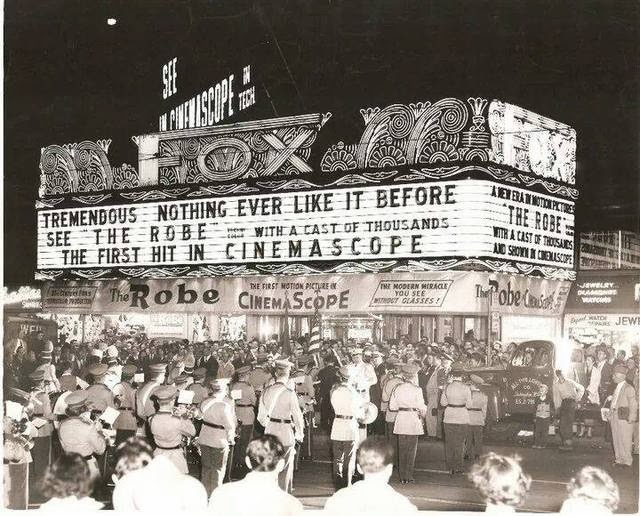
More than a hand
not pressed obediently to a heart.
More even than my muscled ass
still seated when my teammates soared.
My purple-lipsticked pout
My messy (read “Black”) hair.
My face
honest with disappointment.
A Website of the Radical Imagination

More than a hand
not pressed obediently to a heart.
More even than my muscled ass
still seated when my teammates soared.
My purple-lipsticked pout
My messy (read “Black”) hair.
My face
honest with disappointment.
Does the word “revolution” mean the same thing to the Kurdish liberation movement and to American leftists who supported Bernie Sanders? A little history…
This story poem about a working class hero’s lost weekend, which First originally published in 2012, is a favorite of Mark Dudzic and it brings home class struggles that inform Dudzic’s analysis of Trumpism. (See Mr. D.’s post below.) Like Dudzic, Smucker is alive to the difference between the collective idea that still shapes aspects of working class culture and the ethos of “The Golden Boy on the Way Up.”
Smucker finds lyricism in lives at risk of being trumped now, if only in the society of spectacle. Whenever this editor re-reads “Norton’s Big Check,” I’m reminded of Hemingway’s memorable mockery of proletarian lit in the bar scene late in To Have and Have Not. But “Norton’s Big Check” is no joke. Though it’s not solemn. It even has something like a happy ending. While Smucker isn’t beamish, that finish is a sign he believes in more than Hem’s nada. B.D.
Chauncey DeVega first posted this piecce about a Chicago Black Lives Matter demonstration last month. But his report has gained resonance since the Republican and Democratic Conventions instantiated opposing visions of the American condition.
Johnny Cash’s cover of “Sea of Heartbreak” fades out with the guitarist in his band (the Heartbreakers) locked on the familiar, insinuating riff from Bob Dylan’s “I Want You.”[1] Cash’s endgame mixes up his story of lost love with fanship. It’s a rootsy, Prousty lesson in counterpoint that hints what Dylan’s song owed to Don Gibson’s 1961 hit, even as it bows to what Cash’s old friend found down by the “Sea.”
They tore down the Fox Theatre on Market Street in Philadelphia in 1980.

You and me better spend some time wondering what to choose—“Deal” (Hunter, Garcia)
I once read a bit of one of Trump’s books off a display table in a bookstore. If it was Art of the Deal, I would have been in my mid-twenties. The story I read stuck with me.
Hard to argue with lefty sportswriter Dave Zirin’s point that players should be free to determine their own venues, but Kevin Durant’s move to the Warriors strikes at the heart of what makes professional sports interesting; dare I say “worthwhile”? Competitive balance and team cohesiveness.
I don’t know what to make of the Trump thing. I don’t think anybody does—not even Trump. Its agenda is as yet unformed, but the model of a racist strongman is already there. Economic anguish, racial distress, status anxieties, terrorism—all play a part. Some of the anger is real, and some of it is a fantasy projection. Taking this apart will take some time, at which point it may be too late.
But let’s begin with sexual politics, not just because it’s such a powerful force to begin with, but because it’s clearly a motivating factor in this election.
In the moments before Donald Trump announced his choice of running mate, Vox’s Ezra Klein told us, reporters found themselves staring at “an empty podium and the Rolling Stones blasting through the speakers.” What was the song chosen for this momentous occasion? “You Can’t Always Get What You Want.” The song has been background noise for Trump’s rallies for months, even though the Stones asked the candidate to cease and desist back in February. What is it doing there?
The photo below belongs in the DNC’s image bank in Philly. In my dreams, Hillary Clinton’s effort to break the glass ceiling converges with Alfred Yaghobzadeh’s picture of Djila climbing up to a lookout post in the Sinjar region of Iraq where her all-female brigade participated in a successful campaign against ISIS last fall.

 Donald Trump and his (then) 15 year old daughter, Ivanka. From a 1996 Vanity Fair photo shoot.
Donald Trump and his (then) 15 year old daughter, Ivanka. From a 1996 Vanity Fair photo shoot.
Sanders entered the Democratic primaries as an outsider presumably with an understanding of the rules. When they worked for him, he didn’t complain; when they didn’t work for him, he cried foul (the system, he claimed was rigged).
It’s not often that people return to the scene of betrayal.
Pierre Ryckmans (1935 – 2014), who also used the pen-name Simon Leys, is best known for his trilogy of truth attacks on the Cultural Revolution in China and the mindlessness of Maoism—Les Habits neufs du président Mao (1971), Ombres chinoises (1974) and Images brisées (1976). Ryckmans came to be known as the Orwell of the East and the revelations of Ombres chinoises (Chinese Shadows), in particular, are worthy of Homage to Catalonia.
Ryckmans’ mind was as rangy as Orwell’s. His variousness and lucidity are on display in his ABC Boyer lectures, which he gave in Australia back in 1996. What follows is a transcript of his opening talk on “Learning.”
Charles O’Brien helps launch the new First Choice section focusing on our writers’ favorite things.
“Twenty-Something” is the third track on Pet Shop Boys’ latest cd, Super. You can find it on YouTube in a few different versions. The two most obvious go-to versions are the “official video” and one remix. The “official video” is a b&w short about a gangbanger in San Diego, fresh out of the joint and trying desperately to adjust to the world. It’s about as efficient a short narrative as you’re likely to see, and as an illustration of these lyrics, not what you’d be likely to expect.
This is the first post in our new First Choice section. Future posts under this heading will take in fiction, music and dance, but this one urges you to imagine the real work being done by Fr. Rick Frechette and his comrades in Haiti.
Round 1: Having acknowledged the futile challenge of having to write an original introductory sentence for an essay about a man who is literally the most exhaustively written-about figure of our lifetimes, I refuse to step forward and take it on.